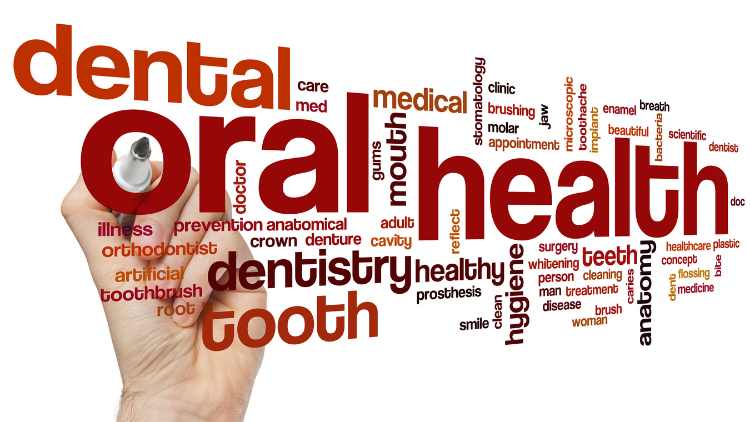
Did you know that your oral health is closely linked to your overall health? You may be thinking your mouth and body don’t have much to do with each other. The truth is that what happens in your mouth can have a significant impact on the rest of your body. In this blog post, we’ll explore 5 different ways that your oral health affects your overall health.
1. Heart Health
Recent research has shown a link between gum disease and an increased risk of heart disease and stroke. The American Heart Association has acknowledged the link between gum disease and heart disease, stating that “periodontal disease is a risk factor for heart disease”.One theory is that the inflammation caused by gum disease can lead to an increase in inflammation throughout the body. As a result, you will have damaged blood vessels and an increased risk of cardiovascular problems. Additionally, the bacteria associated with gum disease can enter the bloodstream and travel to other parts of the body. This can potentially cause damage to organs and tissues.
2. Pregnancy and Childbirth
According to the American Dental Association (ADA), hormonal changes during pregnancy can make it easier for bacteria to grow and thrive in the mouth. This can lead to gum disease. For example, studies have shown that pregnant women with gum disease are more likely to experience preterm labor or have a low birth weight baby than those without the condition. Also, one study published in the Journal of Periodontology found that pregnant women with gum disease were seven times more likely to deliver a preterm, low-birth-weight baby than women without the condition.
3. Respiratory Health
Poor oral hygiene can increase the number of bacteria in the mouth and throat. This can increase the risk of respiratory infections. For example, when plaque builds up on teeth and gums, it can harbor bacteria that can be inhaled into the lungs. Additionally, poor oral hygiene can lead to gum disease, which can cause inflammation and damage to the tissues in the mouth. Unfortunately, this inflammation can make it easier for bacteria to enter the bloodstream and spread to other parts of the body, including the lungs.
4. Alzheimer’s Disease
Several studies have found that people with gum disease may have an increased risk of developing Alzheimer’s disease. One study published in the journal PLOS ONE found that people with chronic periodontitis had a higher risk of cognitive decline and Alzheimer’s disease than those without the condition. Another study published in the Journal of Alzheimer’s Disease found that people with gum disease had higher levels of beta-amyloid, a protein associated with Alzheimer’s disease, in their brains. Remember, the connection between gum disease and Alzheimer’s disease is not yet fully understood.
5. Diabetes
People with diabetes are more prone to developing gum disease than those without the condition. This is because high blood sugar levels can lead to an increase in the growth of bacteria in the mouth. As a result, gum disease can happen. Also, people with diabetes may have a weakened immune system. This can make them more susceptible to infections, including gum disease.
Conclusion
It’s clear that taking care of your oral health isn’t just important for a healthy smile. It’s also essential for overall health and well-being. By brushing and flossing regularly, visiting your dentist for regular checkups and cleanings, and maintaining a healthy lifestyle, you can help prevent a host of health problems down the road. We are located in Monroe, Michigan. Regain confidence in your smile and contact us today to schedule an appointment.

 Request an Appointment
Request an Appointment